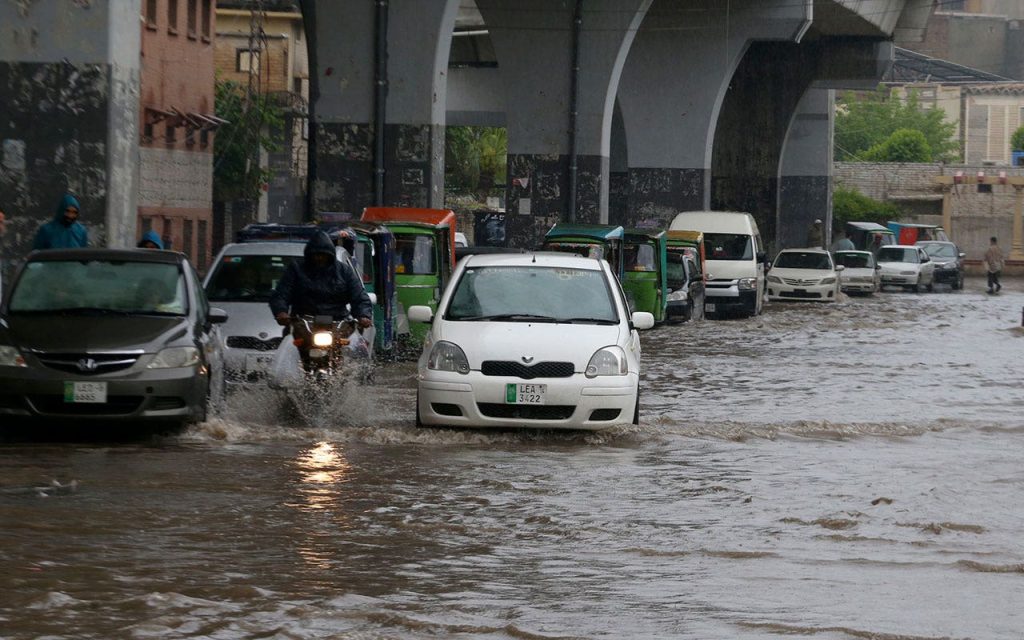At least 36 people have lost their lives in Pakistan due to lightning strikes and heavy rains over the past three days. Most of the fatalities occurred in eastern Punjab province, where farmers were struck by lightning while harvesting wheat and houses collapsed due to the rain. The rain also claimed seven lives in southwestern Baluchistan province and eight in northwestern Khyber Pakhtunkhwa province. As a result, authorities in the southwest of the country declared a state of emergency. There is a possibility of more rains to come in the following week, increasing concerns about further damage and loss of life.
In addition to the fatalities in Pakistan, heavy flooding in Afghanistan due to seasonal rains has resulted in the deaths of 33 people and injured 27 others over just three days. The Taliban’s spokesman for the State Ministry for Natural Disaster Management reported that more than 600 houses were damaged or destroyed, and around 200 livestock have perished. The flooding has also caused significant damage to agricultural land and roads, with flash floods reported in 20 out of Afghanistan’s 34 provinces. The Afghan authorities have provided aid to nearly 23,000 families affected by the floods.
Environmental experts are attributing the heavy rainfall and resulting flooding to climate change. In 2022, Pakistan experienced heavy flooding that killed 1,739 people and caused $30 billion in damage. Rafay Alam, a Pakistani environmental expert, noted the unusual nature of heavy rainfall in April and linked it to climate change. He emphasized that extreme weather events such as floods and heatwaves are becoming more frequent due to climate change. The unexpected rainfall in April is a concerning sign of the impact of climate change on the region, and efforts to mitigate and adapt to these changes will be crucial in the future, according to Alam.
Prime Minister Shehbaz Sharif has ordered authorities to provide relief aid to regions affected by the recent rains in Pakistan. Despite acknowledging that the rains could benefit Pakistan’s water reservoirs, he expressed concerns over the loss of life and damage caused by the extreme weather. The Pakistani government is taking steps to address the immediate needs of those affected by the flooding and is working to provide support to the affected communities. The declaration of a state of emergency in the affected regions indicates the severity of the situation and the need for urgent action to assist those impacted by the natural disasters.
The recent flooding and fatalities in Pakistan and Afghanistan highlight the vulnerabilities of these countries to extreme weather events, exacerbated by climate change. The heavy rainfall and resulting flooding have caused deaths, displaced families, and damaged infrastructure and agricultural land. Efforts to mitigate the impact of climate change, such as disaster preparedness and early warning systems, are crucial in reducing the loss of life and property due to extreme weather events. The tragic consequences of these natural disasters serve as a reminder of the urgent need for climate action and adaptation measures to protect vulnerable communities in South Asia and around the world.













